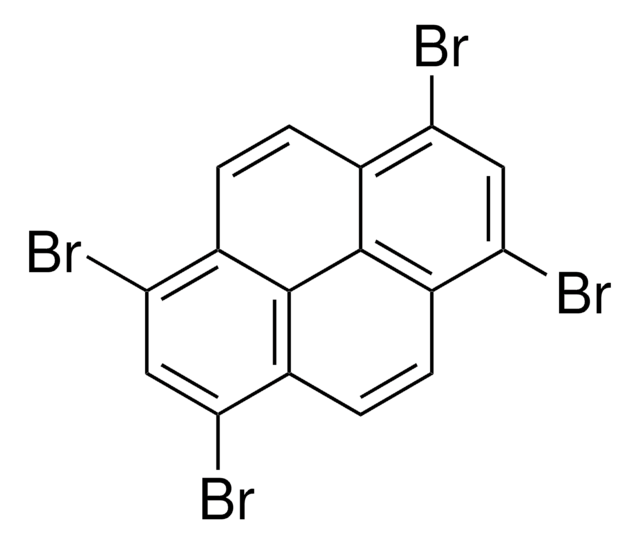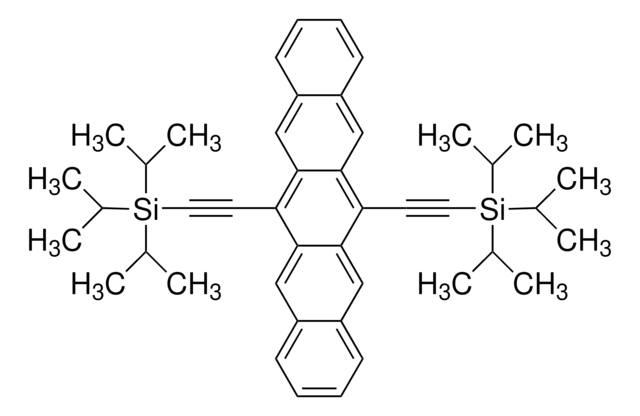90548
Tetrathiafulvalene 7,7,8,8-tetracyanoquinodimethane salt
≥97.0% (CHNS)
Sinonimo/i:
7,7,8,8-Tetracyanoquinodimethane Tetrathiafulvalene salt, TCNQ-TTF, TTF-TCNQ
Autenticatiper visualizzare i prezzi riservati alla tua organizzazione & contrattuali
About This Item
Formula empirica (notazione di Hill):
C6H4S4 · C12H4N4
Numero CAS:
Peso molecolare:
408.54
Numero MDL:
Codice UNSPSC:
26111700
ID PubChem:
NACRES:
NB.61
Prodotti consigliati
Grado
for ion-selective electrodes
Livello qualitativo
Saggio
≥97.0% (CHNS)
Forma fisica
solid
Punto di fusione
~230 °C (dec.)
Stringa SMILE
S1C=CS\C1=C2/SC=CS2.N#C\C(C#N)=C3\C=CC(\C=C3)=C(\C#N)C#N
InChI
1S/C12H4N4.C6H4S4/c13-5-11(6-14)9-1-2-10(4-3-9)12(7-15)8-16;1-2-8-5(7-1)6-9-3-4-10-6/h1-4H;1-4H
OIXMVDHMELKBDX-UHFFFAOYSA-N
Categorie correlate
Descrizione generale
TTF-TCNQ is an organic metal-like charge transfer complex, which is mostly used as an electrode.
Visit our Sensor Applications portal to learn more.
Applicazioni
TTF-TCNQ has been used in sensor fabrication during amperometric lactate biosensor development for qualitative analysis of lactate accumulation in ischemic myocardium patients.
Codice della classe di stoccaggio
11 - Combustible Solids
Classe di pericolosità dell'acqua (WGK)
WGK 3
Punto d’infiammabilità (°F)
Not applicable
Punto d’infiammabilità (°C)
Not applicable
Dispositivi di protezione individuale
Eyeshields, Gloves, type N95 (US)
Scegli una delle versioni più recenti:
Possiedi già questo prodotto?
I documenti relativi ai prodotti acquistati recentemente sono disponibili nell’Archivio dei documenti.
I clienti hanno visto anche
A conducting salt-based amperometric biosensor for measurement of extracellular lactate accumulation in ischemic myocardium.
Marzouk SA
Analytical Chemistry, 69(14), 2646-2652 (1997)
R Kataky et al.
Talanta, 56(3), 451-458 (2008-10-31)
A format for a disposable screen-printed biosensor was investigated for monitoring formaldehyde. The screen-printed sensor format comprised a working electrode (WE) modified with platinised carbon, a new lipophilic tetrathiafulvalene-tetracyanoquinodimethane (TTF-TCNQ) salt as mediator, a plasticised polyurethane membrane (TECOFLEX SG80, PU)
Fariba Mashayekhi Mazar et al.
Advanced materials (Deerfield Beach, Fla.), 31(32), e1901677-e1901677 (2019-06-20)
Untethered actuation is important for robotic devices to achieve autonomous motion, which is typically enabled by using batteries. Using enzymes to provide the required electrical charge is particularly interesting as it will enable direct harvesting of fuel components from a
Maxime Leroux et al.
Proceedings of the National Academy of Sciences of the United States of America, 116(22), 10691-10697 (2019-05-16)
With the discovery of charge-density waves (CDWs) in most members of the cuprate high-temperature superconductors, the interplay between superconductivity and CDWs has become a key point in the debate on the origin of high-temperature superconductivity. Some experiments in cuprates point
Seokmin Jeon et al.
ACS nano, 10(8), 7821-7829 (2016-07-28)
Bulk molecular ionic solids exhibit fascinating electronic properties, including electron correlations, phase transitions, and superconducting ground states. In contrast, few of these phenomena have been observed in low-dimensional molecular structures, including thin films, nanoparticles, and molecular blends, not in the
Il team dei nostri ricercatori vanta grande esperienza in tutte le aree della ricerca quali Life Science, scienza dei materiali, sintesi chimica, cromatografia, discipline analitiche, ecc..
Contatta l'Assistenza Tecnica.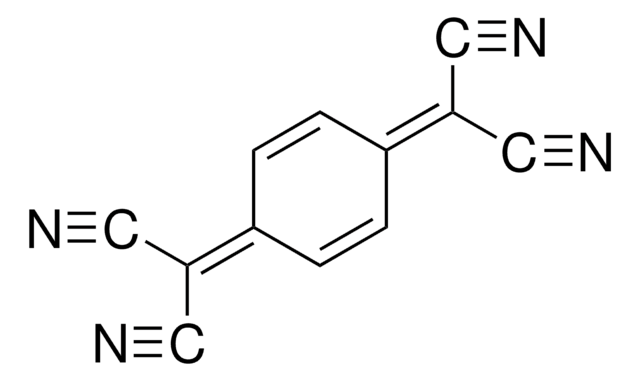
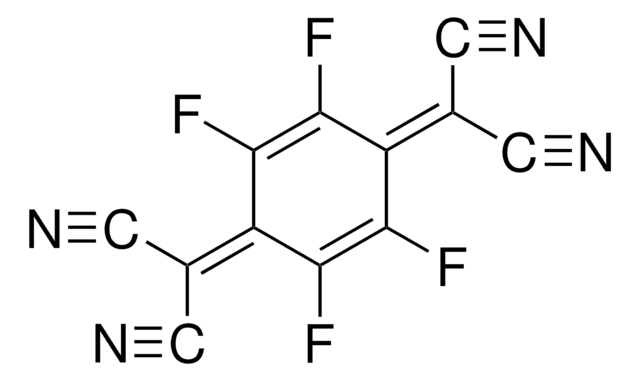


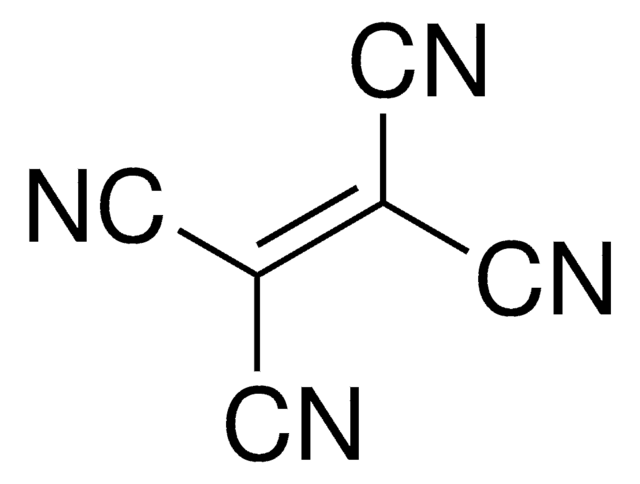
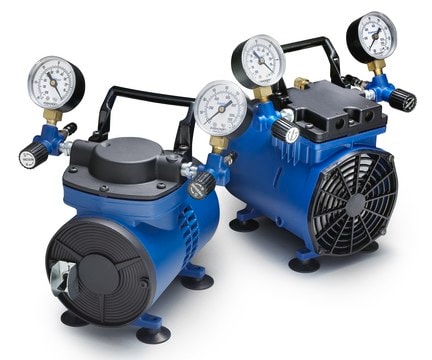
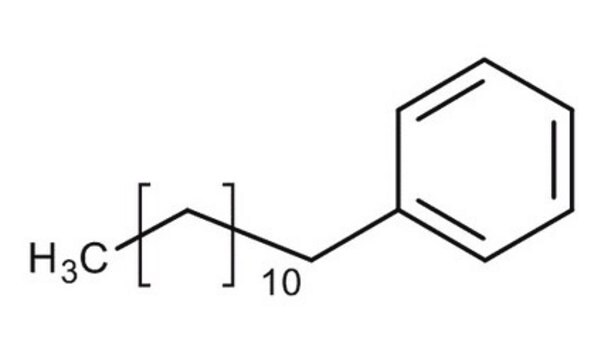


![Dipyrazino[2,3-f:2′,3′-h]quinoxaline-2,3,6,7,10,11-hexacarbonitrile 95% (HPLC)](/deepweb/assets/sigmaaldrich/product/structures/151/558/c0e2c95f-5228-4864-a7a5-4b9765a19840/640/c0e2c95f-5228-4864-a7a5-4b9765a19840.png)
